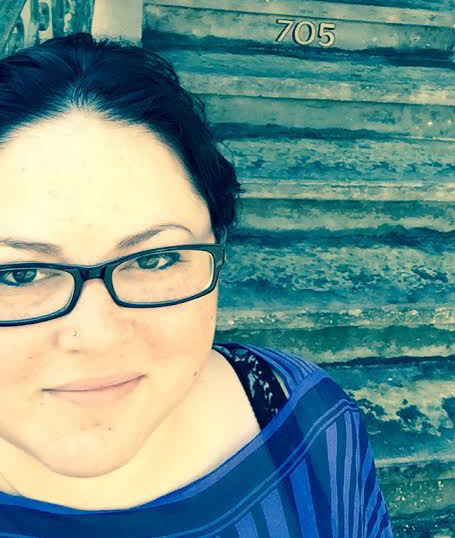Alumni Q&A: Tara Mahar, M.D.
Dr. Tara Mahar (pictured at right) is the chief medical examiner for the Erie County Department of Health, in Buffalo. She attended medical school at the University and graduated from Pathology residency in 2011.
In addition to her role as the M.E. she is a clinical assistant professor of Pathology and Anatomical Sciences at the University of Buffalo’s Jacobs School of Medicine.
We caught up with her to hear more about her career path, her interests, and to see what advice she has to offer anyone interested in pursuing pathology.
Where are you from originally?
I’m from Rochester! I grew up in East Irondequoit and attended Eastridge High School. My parents and one of my sisters still reside in the Rochester area.
How did you become interested in pathology? Was there a specific person or moment when you knew it was the career for you?
I’m a visual learner, and I find working with my hands very gratifying. I really enjoyed anatomy and histology in medical school, but also loved my surgery rotations. I did a surgical internship after graduation, and quickly discovered that I was very interested in the surgical specimens and the intraoperative consultations.
I ultimately found that pathology – and specifically forensic pathology – played to some of my strengths as a learner, and best integrated my desire for hands-on work with my thirst for additional medical knowledge. Forensic pathology enjoys relative freedom from some of the limitations placed on the practice of medicine by our system of health care, and that also helped with my career decision-making.
In 1 or 2 sentences, describe what you do every day.
I work with an awesome group of people to investigate non-natural deaths in Erie and surrounding counties. A large part of my job involves doing autopsies.
What do you enjoy about your job?
I love being able to provide answers for people – whether it be a grieving family, a treating physician, the police, a district attorney, etc. I also enjoy educating others, such as medical trainees, families of the deceased and members of a jury. Medical examiners have an important role in public health, as well.
I love that every day at work is different, and that there are always new things for me to learn. I’m also fortunate to enjoy the people that I work with.
Are you working on any research – now or in the near future? What special research interests do you have?
Not really. I hope to have the time to do so once my office has a full physician staff. In the meantime, the docs at my office have tried to share the new things we’ve learned by presenting at national meetings.
I have a number of interests, many of them with an eye towards public health. I would love to research effective ways to further decrease unsafe sleep-related deaths in infancy. I also have an interest in sudden unexplained death in the young, and would love to see genetic testing become more widely available.
Tell us about your family. Do you have a spouse, kids, pets?
Yes, my significant other and I have an 18 month old son and a cat. My significant other is a retired detective and a stay-at-home dad. He’d probably tell you that the dad gig is harder!
I’m close with my parents and my two sisters, even though I don’t get to see them as often as I would like.
When you look back on your time as both a medical student and resident in Rochester, what’s something you remember most or miss about UR?
The people! I made some lifelong friends at the UR, particularly during residency. Although we live in different parts of the country now, we still keep in touch. I also miss and fondly remember some of the faculty. Although there were many great faculty, Drs. Hicks and Johnson immediately come to mind.
How do you like to spend your free time? Do you have any hobbies or interests?
Free time? What’s that? In all seriousness, what I enjoy most is spending any free time with my family. Other interests include cooking, gardening, travel and small home improvement projects.
In your opinion, what is one way to help promote pathology to medical students?
The first, second and third ways are all exposure. There’s very little exposure to what pathologists actually do during medical school, largely because there are no required rotations. This results in, I believe, a lot of confusion and misconceptions about pathology on the part of students.
What career advice can you give students or trainees interested in your chosen field?
The trend in pathology education seems to be the completion of at least one (and often more than one!) fellowship. Do your research early. Many of the best fellowships fill quickly and/or require an “audition” rotation of sorts.
Bethany Bushen | 1/16/2019




